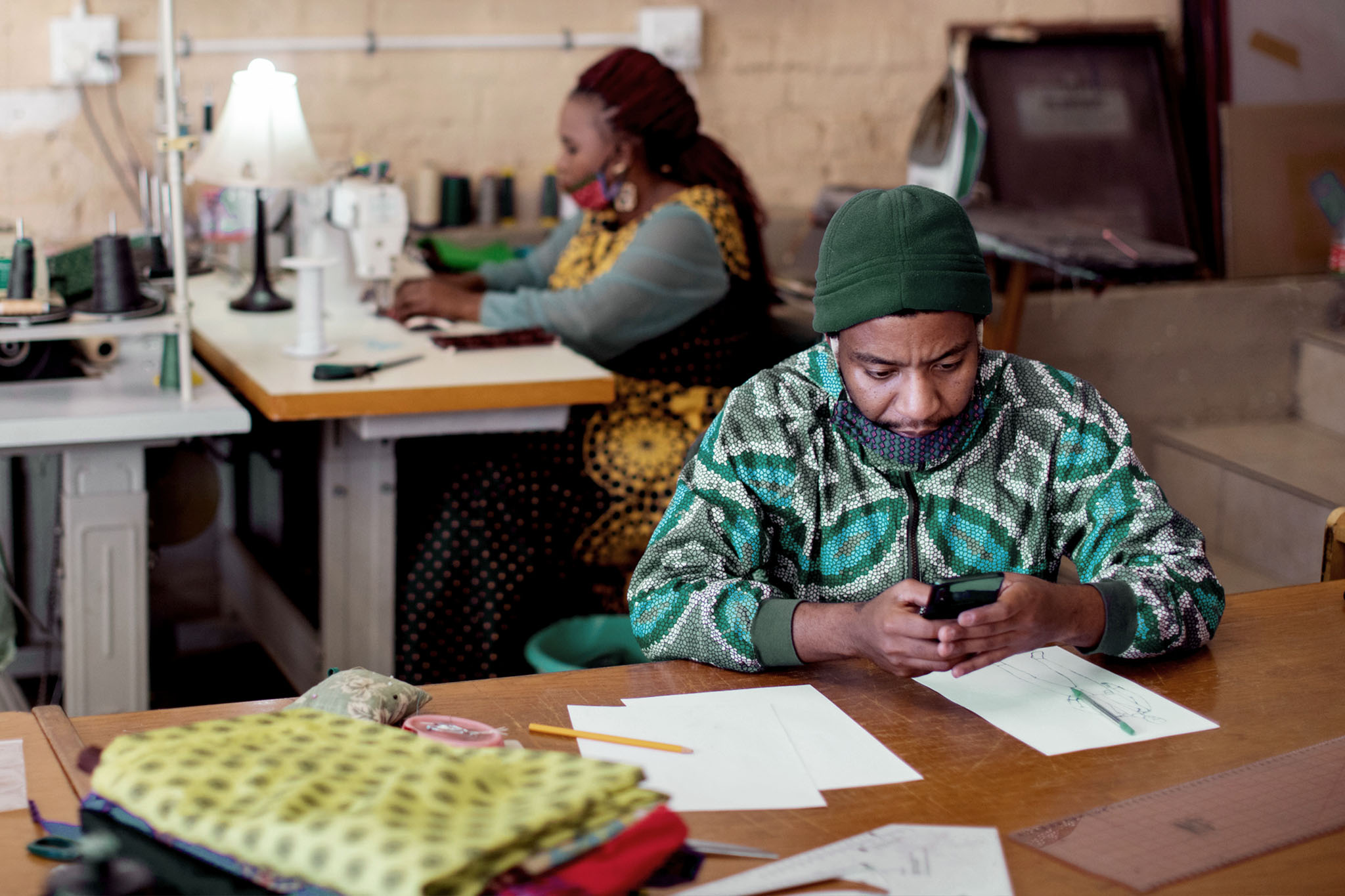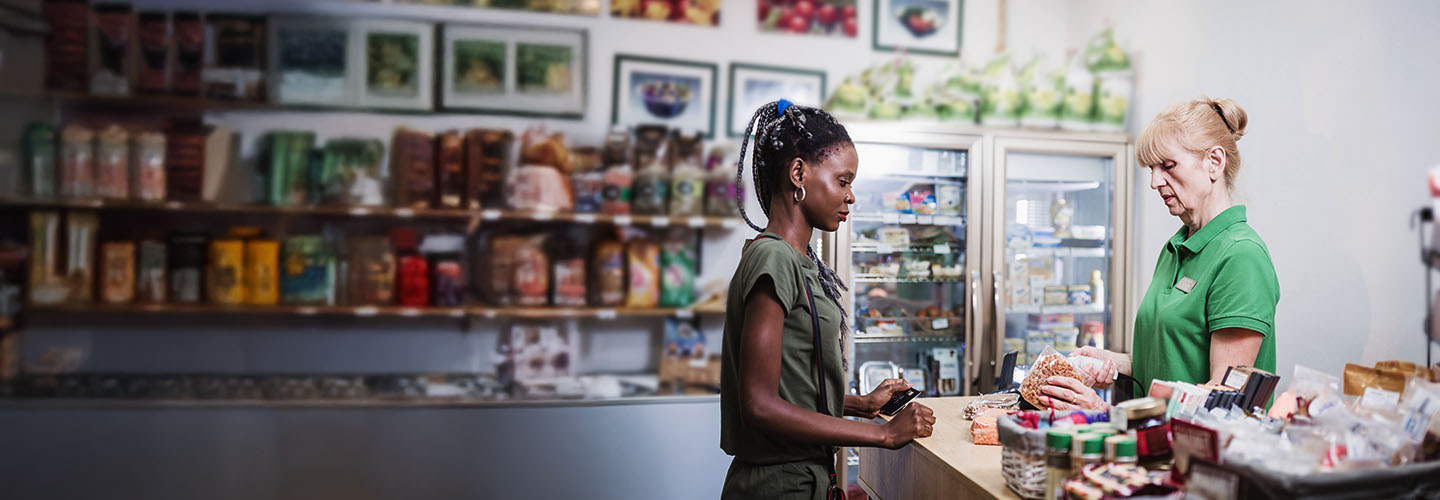There are many macroeconomic and social factors shaping the current trading landscape for retail owners, especially those in fast-moving consumer goods (FMCG). Technology-driven trends are reshaping our world, how shoppers think, what they need, and how they buy. What are some of these global shifts, and how are they playing out in the South African retail market? If you own a retail business, how should you respond?
What’s new in the global FMCG retail sector?
China’s rise as a retail superpower reflects a power shift from West to East. However, low economic growth (caused by slowing but still high levels of inflation) will define the retail landscape in the foreseeable future. This will restrict disposable income, as will the growing energy crisis, which will drive retail spending towards more sustainable, cost-effective energy solutions.
In particular, the global race to net zero requires climate action that will result in net zero carbon emissions by 2050. And because of the changing nature of globalisation in the face of the climate crisis, we can expect increased efforts by companies and governments to prioritise local sourcing and manufacturing.
The need to reduce global emissions will in turn have an impact on global supply chain capacity, which retailers will need to continue investing in. They will also need to invest in attracting and retaining employees, as the changes that technology and automation will bring to the retail market could result in a labour shortage.
Global retail trends in shopper behaviour
Given that the global market is shifting, and a slowing economy and higher inflation is putting pressure on consumers, we can expect the following trends, among other
Value
Shoppers are looking for the best quality at a reasonable price. Quality will become an imperative to attract value-savvy shoppers
Experience
There is no longer a need to try to differentiate between online and physical store experiences – shopping will be about blended experiences and omnichannel shopper journeys.
Wellness
A clean store and products that support health and wellness will become essentials.
Shopper activism
Increasingly, shoppers are expecting retailers to treat their staff and suppliers fairly, support the local community, and adopt sustainable practices and processes. Shoppers will exercise their purchasing power as activists.
ESG issues, such as climate change and food security, are becoming key factors in their growth strategies
Retail trends in South Africa
Locally, we expect the following retail trends:
Private brand innovation
Retailers that lead with private brands are introducing unique premium products through innovations that attract higher-income shoppers.
Loyalty as a drawcard
Participation in retailer loyalty programmes is accelerating, with shoppers participating in an average of 9.2 loyalty schemes, up from 3.6 in 2014, according to a recent Truth and BrandMapp loyalty whitepaper.
Rise of the speciality store
Standalone stores enable ‘shopper missions’ for shoppers looking to shop in a specific category.
Environment, society and governance at the forefront of retailer strategies
Retailers, like many corporate businesses, recognise that they operate in a landscape with complex social and environmental pressures. Environmental, society and governance (ESG) issues, such as climate change and food security, are becoming key factors in their growth strategies.
Retail and financial services partnerships
Retail is becoming a key channel for the banking industry, thanks to its extensive consumer reach.
Payments revolution
Technology-enabled payments are revolutionising retail transactions by extending the collaboration between retail and financial services providers, including banks.
Nedbank’s dedicated Retail Services Team has extensive experience in FMCG retail operations and has presented various retail seminar series to help you. Contact them for advice or search the Nedbank LinkedIn feed for Nedbank’s comprehensive series of retail-related webinars.








